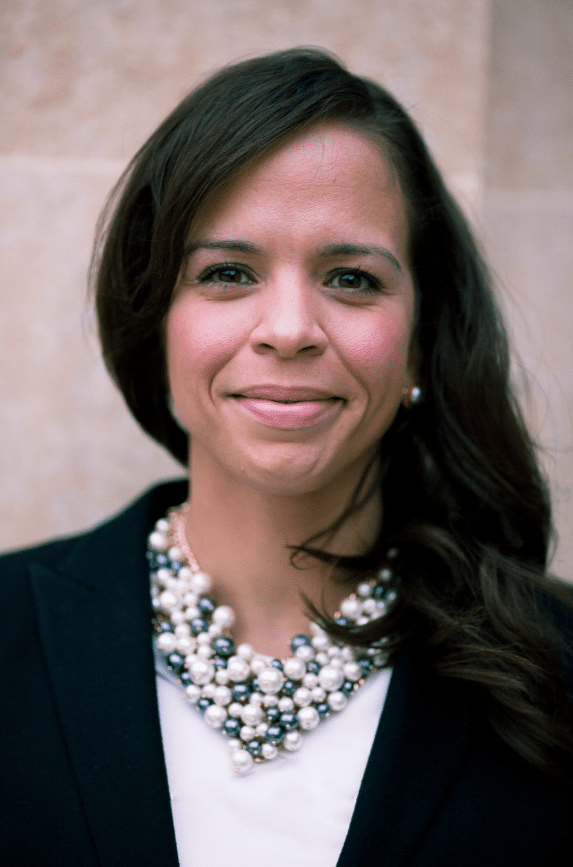We interviewed Frances Weston, Managing Director UK & IRL / US & CAN at Econocom on her thoughts and experiences on women in tech.

1. What does your job involve?
I joined Econocom, an international provider of financing and as-a-service solutions for companies’ transformation projects, in March 2020 amongst the coronavirus crisis. As Managing Director North America, UK & IRL, my key responsibilities include rolling out strategic planning initiatives, achieving specific growth targets, and delivering as-a-service solutions for our clients and via our strategic partners. I am also Head of EMEA Advisory Council to the Board of 100 Women in Finance.
2. What made you choose a career in technology?
Having spent the majority of my career in wealth management, investment and corporate banking, I wanted to make a change and focus more on corporate technology yet still retain and use my banking expertise. Econocom was the perfect fit. Before, my discussions with CFOs and FDs were all about cash management, cash maintenance, how you preserve cash, how you invest for the future. Now, that conversation has tilted to ‘How do you want to transform your business for the future?’. When you put that question to a CFO or an FD their face lights up because they know they are working for the greater good of the organisation, whereas with cash management you are mostly just firefighting. So, the IT industry as a whole is extremely refreshing for me – it gives me a different lens and allows me to bring different content to the table amongst my existing network.
3. Did you study an IT or technology related subject at GCSE, A-Level or University?
No, I never got the opportunity sadly. At school, IT was not offered, which looking back was a terrible shame and should have been standard practice within all girls schools.
I studied languages at Bristol University specialising in Russian & German post-soviet economy. My finance training started on the job at Bloomberg where I learnt the art & science behind of securities trading. That’s really where my interest and passion ignited specifically in terms of trading software, digital transformation and data.
4. Did you get any work experience in IT or technology before this job?
When joining Econocom, I had a 15 years’ experience in the banking sector. I worked as Director – Head of UK & Offshore Corporate Investments at Barclays, where I led a large digital transformation project on our internal investment management platform for corporates. This allowed 12,000 clients to access cash and investments in one single view. Also, at Barclays, I was able to digitise our international foreign exchange business which was all done in person and on the phone prior to my arrival. I worked on implementing, again, a new digital platform and led a salesforce to train our clients on how to buy and sell currency online. So having not been an IT expert at heart, I could see a clear need for it in creating operational efficiencies within corporate & investment banking. I also was able to nudge our clients into this style of thinking more holistically using technology as a driving force for their own internal change.
5. Do you think there is a lack of females in the IT and tech sector?
Yes, definitely. Although the sector is booming, it has a long way to go to improve when it comes to gender diversity. In my personal opinion more women need to play a role in order to level out the playing field and capitalise on diversity of thought. Diversity of thought is what drives revenues and sustainability in today’s modern corporate landscape.
6. Do you find there is a stereotype that a career in IT or technology is just for men?
Yes, I do. Partially because STEM subjects aren’t pitched early enough to women. I am victim of that myself and it took me some time to try and break out of that mindset. At a young age, it is tough to go against the grain and be given the platform to excel in IT. We, as a society, make it much harder than it really should be.
7. What would entice women to study technology-related courses?
We need to start earlier. Schools can of course spark women’s interest, but the pitch needs to be given with the right role models standing behind it. So we, as senior executives, have a massive part to play. It’s about showing children how to be confident with basic numeracy and tech and getting them involved early in coding and tech in order to ignite long term interest.
8. Are there barriers when it comes to women getting into tech?
Unfortunately, yes. Gender pay gap, workplace gender bias and a shortage of female role models are among the main barriers faced by women working in the tech sector. It’s easy to fix but we need to focus on early generations so we have a pipeline to work with and be relentless with our messaging.
9. How could we encourage more women to start a career in tech?
Tech companies need to highlight how technology is a force for good if they want to attract more women to the sector. I think starting grad schemes specifically for women in tech would be one way to tackle the issue. Millennials say that feeling like the work they do makes the world a better place is the most important factor when deciding their future career. However, the opportunities and role models need to be clearly sign posted and accessible.
10. What advice would you give to young women at the start of their career?
Suppress the naysayers and negative thinking, specifically your own internal dialogue and those around you who don’t share your ambitions. Keep learning and feeding your mind with knowledge. Read, absorb and listen deeply to those that understand you and your journey. Use failure as your propeller to move ahead and past any career obstacles that arise.



